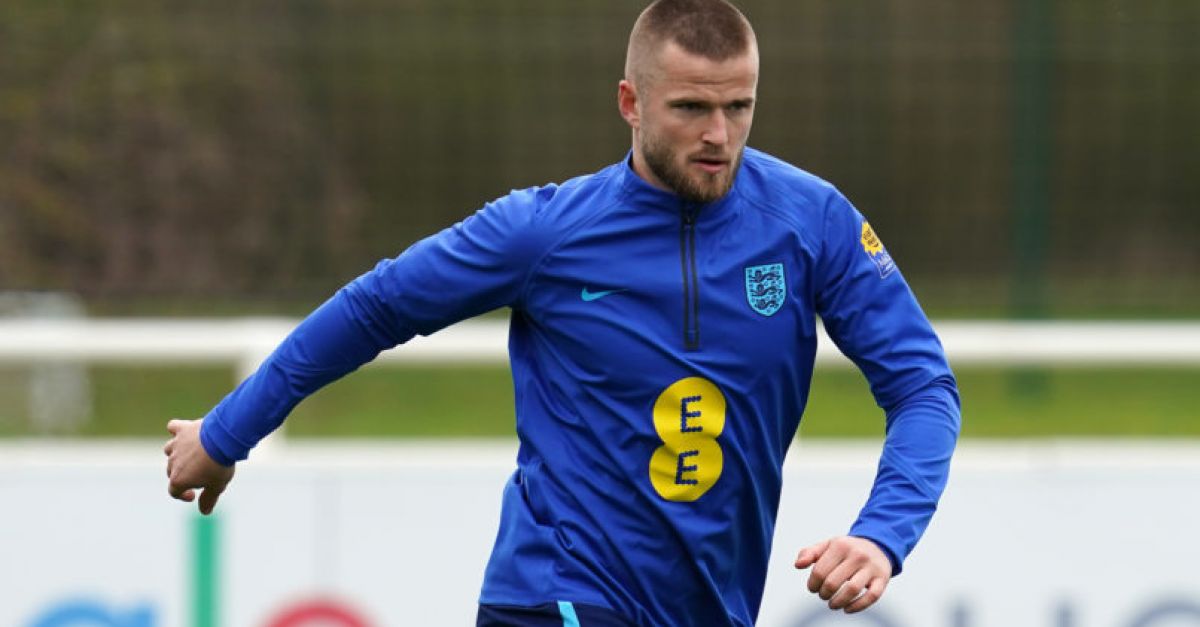For the first time in modern North Carolina history, an unaffiliated candidate has made her way onto the ballot to run for Congress.
That’s according to an expert who closely monitors state politics and marvels at the achievement of Shelane Etchison. Chris Cooper says the system is set up for Republican and Democratic candidates to succeed.
“It is a Herculean feat to get on the ballot in the first place, if you’re an unaffiliated candidate,” said Cooper, a political science professor at Western Carolina University, ”and that’s why it’s not an accident she’s the first. If it were easy, we would have had this conversation before.”
Etchison gathered the required 7,460 signatures needed to appear on the North Carolina ballot. She will now face off against Republican incumbent Richard Hudson and Democrat Nigel Bristow to represent North Carolina’s 9th Congressional District.
The 9th District runs up the middle of the state and includes Alamance, Hoke, Moore, Randolph and parts of Chatham, Cumberland and Guilford counties. It was drawn by state lawmakers to strongly favor a Republican win.
NC veteran takes on powerful Republican. She made history just by getting on the ballot.
Cooper said between 2010-2020, fewer than 3% of candidates have been unaffiliated. Those candidates have won 33 times, but nine of the candidates did not face opposition.
Gathering votes
Thomas Mills, Etchison’s campaign adviser, said he learned a lot trying to get her verified as an unaffiliated candidate. One of his key tips is to collect twice as many signatures as needed.
Mills said because of the district’s large size they set up two operations: one in Alamance County and one around Moore County.
The campaign would go to highly populated areas and ask for people’s signatures. Once they gathered enough signatures they would deliver them in batches to the state board of elections, which would then send them to the county boards for verification.
They quickly realized that when they went to large populated areas, people often were coming from other parts of the state and signing, but those signatures wouldn’t count. Or they would get people from the same county, but outside the district and those would be thrown out. Some people thought they were in the district, but were in a different one. Others would unintentionally use their nickname or misstate their address, and that could cause problems.
That led them to reassess the types of places they would go to to find voters and gather signatures.
Mills said the campaign started collecting signatures in mid-January and had until March 5 to turn them in.
In total, Mills said the campaign gathered around 12,500 signatures, but had to wait to hear if they were verified.
And that process took time.
The waiting game
In all, around 8,000 of the signatures Etchison’s campaign collected were verified, but Mills said the process for verification was ill-defined and put the campaign at a disadvantage.
Mills is no stranger to running a campaign. He worked as a political consultant, mostly on Democratic campaigns, for 25 years. Notably, he worked on the direct mail team for John Kerry’s presidential campaign and for the Democratic National Committee. He also ran against Hudson in 2016.
Mills said Etchison’s signatures were due on March 5, the date of North Carolina’s primary.
Mills said the campaign’s understanding was that they would be notified within 15 days of canvassing whether the signatures had been verified. He said he mistakenly assumed that meant they would know within 15 days if Etchison made it onto the ballot, but there was a delay.
Mills said while the two parties had chosen their nominees, and both could begin campaigning, Etchison’s campaign was stuck in a holding pattern.
Cooper addressed this too.
“While Richard Hudson is raising money, while Richard Hudson is getting his name out there, she had to spend her resources just on the ballot in the first place,” Cooper said. “She had to get the signatures, and it’s not just any signature.”
It would be four weeks before Etchison was told she was on the ballot, but not until the second week of May until it was official.
“It put us at a disadvantage,” Mills said, “because we kept getting pushback when we were talking to the media, when we were talking to donors, because we weren’t officially on the ballot.”
“There really needs to be a cleaner process to get it done,” Mills said.
NC Reality Check is an N&O series holding those in power accountable and shining a light on public issues that affect the Triangle or North Carolina. Have a suggestion for a future story? Email realitycheck@newsobserver.com
Signup bonus from




